Veterans have access to valuable housing benefits through the VA loan program—but unfortunately, scammers know it too. From fake lenders to deceptive real estate schemes, fraudulent actors often target veterans seeking stability and homeownership. Understanding how these scams work and learning practical VA fraud prevention steps can protect you from losing money or personal information.
Home buying is already complex, and veterans can face unique risks due to misinformation and emotional appeals that exploit their service. By recognizing red flags early, verifying sources, and using official VA-approved channels, you can ensure your path to homeownership remains safe and legitimate.
This guide explains the most common real estate scams affecting veterans, how to identify them, and what to do if you suspect fraud—so you can make confident decisions when purchasing your home.
Recognizing Common Real Estate Scams Targeting Veterans
Fraudsters often design their schemes to look official, using patriotic imagery, military seals, or “VA loan specialist” titles to gain trust. Their goal is to steal personal data, collect fake fees, or pressure veterans into high-cost loans that violate VA rules. The best defense is knowing how these scams appear and where they typically occur.
Some scams involve fake refinancing offers, promising lower interest rates in exchange for upfront payments. Others use online rental or property listings that don’t actually exist, convincing buyers to wire deposits for homes they’ll never see. These tactics are increasingly sophisticated, making awareness essential to veteran safety.
According to the Federal Trade Commission (FTC), real estate and mortgage fraud complaints from veterans have increased by more than 30% in the past five years. Staying alert and informed can prevent costly mistakes and identity theft.
Top Scams to Watch For
1. Fake VA Loan Refinancing: Scammers pose as VA-approved lenders offering quick savings but demand upfront “processing fees” or request bank information by phone.
2. Bait-and-Switch Listings: Fraudulent agents advertise homes at attractive prices, then pressure buyers into unrelated or higher-cost properties.
3. Identity Theft Scams: Phony “veteran assistance” websites collect personal data under the guise of helping you qualify for benefits.
How to Verify Legitimate VA Loan Offers
The most effective VA fraud prevention starts with working only with verified, VA-approved lenders. You can confirm a lender’s status by checking the official VA lender list or contacting your regional VA Loan Center. Never trust unsolicited emails or calls claiming to represent the Department of Veterans Affairs.
Legitimate VA lenders will never charge application fees before you receive disclosures or loan terms in writing. They will also use secure communication methods and verifiable company email addresses. Always read loan documents carefully, comparing interest rates, fees, and terms across multiple lenders.
If something feels rushed, unclear, or too good to be true, stop the process immediately. Scammers rely on urgency and confusion—legitimate professionals will take time to explain every detail clearly.
Steps to Verify a Lender’s Legitimacy
1. Confirm VA Approval: Check credentials directly through the VA’s lender database or state licensing boards.
2. Research Company Reviews: Look up the lender on the Better Business Bureau (BBB) or CFPB complaint database.
3. Use Official VA Channels: Only trust websites ending in “.gov” for loan, benefit, or housing information.
Protecting Personal Information and Financial Data
Veterans are frequent targets for phishing scams and data theft, especially during the mortgage application process. Criminals may impersonate loan officers, sending realistic-looking emails requesting sensitive details like Social Security numbers, military service records, or bank account access.
Always confirm the sender’s identity before sharing information. When possible, log in directly through your lender’s secure portal instead of clicking links from emails or text messages. Use strong passwords, enable two-factor authentication, and monitor your credit report for unauthorized activity.
The Department of Veterans Affairs and Federal Trade Commission both recommend freezing your credit if you suspect exposure of personal data. This prevents identity thieves from opening new accounts in your name.
Essential Veteran Safety Tips
1. Guard Your Documents: Never share your DD-214 or COE except with verified VA lenders or real estate professionals.
2. Avoid Unsecured Links: Don’t provide information through links in unsolicited messages or unverified websites.
3. Monitor Credit Regularly: Use free annual reports from AnnualCreditReport.com to track suspicious activity.
Reporting and Recovering from Real Estate Scams
If you suspect you’ve encountered a real estate scam, take immediate action. Report the incident to the Federal Trade Commission (FTC), your local law enforcement agency, and your state attorney general’s office. Quick reporting increases the chances of recovering funds and stopping future fraud.
You should also notify the VA Office of Inspector General if the scam involved misuse of veteran housing programs. This agency investigates fraudulent VA loan activities and works with law enforcement to protect veteran benefits.
For identity-related fraud, contact the credit bureaus—Experian, Equifax, and TransUnion—to freeze your credit and prevent unauthorized use. Many victims can restore financial security by acting quickly and keeping detailed documentation of every communication.
Where to Get Help
1. VA Office of Inspector General: Report VA benefit or loan-related fraud.
2. Consumer Financial Protection Bureau (CFPB): File complaints about predatory lending or unfair loan practices.
3. Veterans Service Organizations (VSOs): Groups like the American Legion and VFW provide free assistance with fraud recovery and housing guidance.
Key Takeaway
Homeownership is one of the greatest rewards of military service—but it’s essential to stay vigilant. Scammers continually adapt, targeting veterans through deceptive real estate offers and financial traps. By practicing proactive VA fraud prevention, verifying every source, and reporting suspicious activity, you can protect your benefits, finances, and peace of mind. Veteran safety starts with awareness—and knowledge is your strongest defense against home buying scams.

